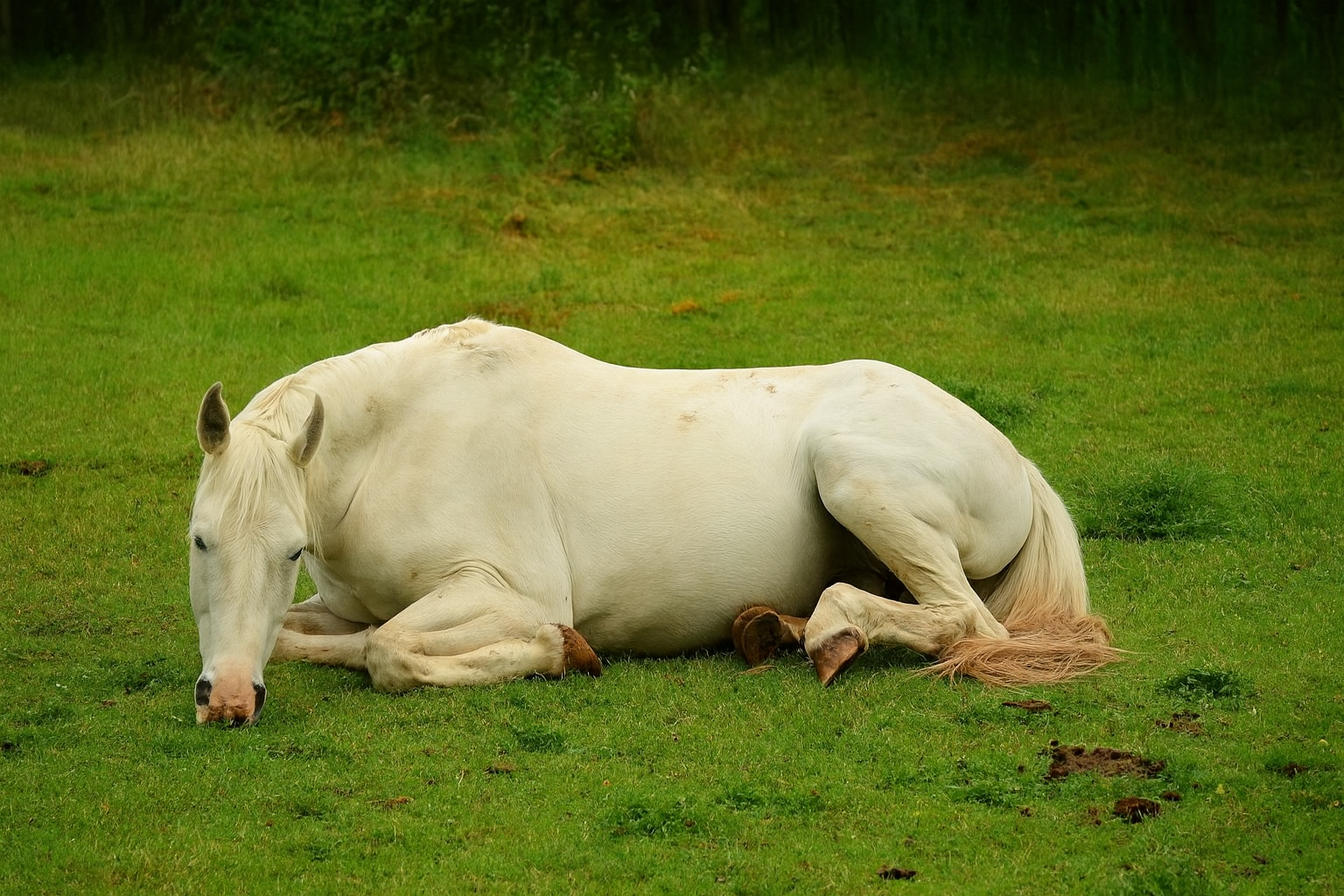The active ingredient in Equest Pramox and Equest oral gel is moxidectin. Every year, horse owners contact us after giving one of these treatments, reporting side effects.
First of all, most horses do not show symptoms apart from a bit less energy. But some horses do react strongly — it’s helpful to know what to expect and what to do.
Generally, the symptoms disappear within a week. If the symptoms last longer than a week to a week and a half, or if your horse shows signs of colic, always contact your vet.
Some horses may react strongly to the active ingredient moxidectin. This can happen because the substance is stored in fat cells.
If there is too little body fat, the substance may pass through the blood-brain barrier. It’s important not to overdose and to calculate your horse’s weight as accurately as possible. Want to know how to easily determine your horse’s weight? Watch our video.
Tip: administer the treatment during the day so your horse can move around — this also helps you detect any symptoms earlier if they occur.
Don’t forget your horse has received medication. Extra support like probiotics, a vitamin course or other supplements can help restore gut flora.
This article is not meant to cause worry, but to offer recognition so you feel more at ease if any of these symptoms occur.

